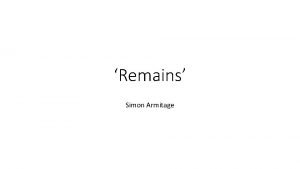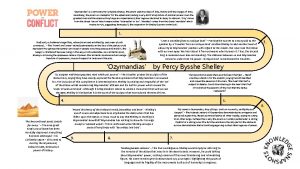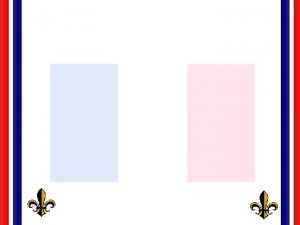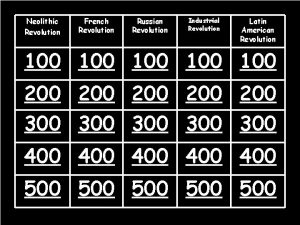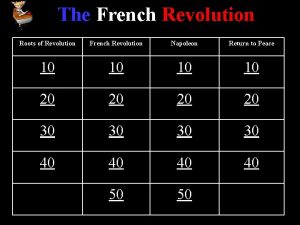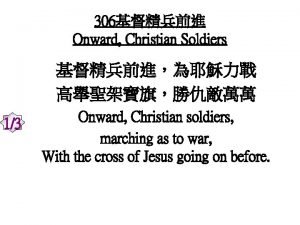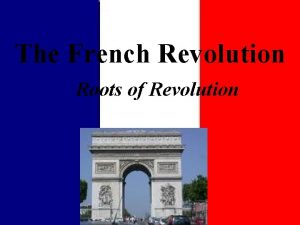III The French Revolution Many French soldiers served









- Slides: 9

III. The French Revolution • Many French soldiers served in America during the American Revolution and were inspired by it. • After the Seven Years’ War and the American War of Independence the French government was nearly bankrupt. • King Louis XVI was unwilling or unable to cancel government debt. • He would have to reform the tax-collection system and raise taxes.

The 1 st Estate • Clergy (1% of Population) owned 10% of land paid no taxes

2 nd Estate • Nobles (2% of Population) owned 25% of land paid almost no taxes and had special privilages

3 rd Estate • 3 rd-commoners(97% of Population) some middle class merchants and lawyers but mostly peasants and agricultural workers

Estate General • To make tax reforms, Louis XVI was forced to call the Estates General into session for the first time since 1614

National Assembly • After intense debate over voting procedure, the Third Estate left the meeting of the Estates General and declared itself the National Assembly (June 1789).

The Revolt of the Poor and Oppressed • In Paris common people who were hungry and facing unemployment due to harvest failure organized to prevent dismissal of the king’s finance minister. • On July 13, 1789, an angry crowd stormed the Bastille and seized weapons stored there.

Great Fear • Peasant uprisings in the countryside led the National Assembly to abolish feudal dues and other peasant obligations to the nobility

A Limited Monarchy • Also in August 1789, the National Assembly issued a Declaration of the Rights of Man, stating “Men are born and remain free and equal in rights. ” • The National Assembly created a constitutional monarchy with the reluctant consent of King Louis XVI. A new constitution went into effect in 1791. • Peasants reacted negatively to the National Assembly’s attempt to increase state control over the Catholic Church.
 Russian revolution vs french revolution
Russian revolution vs french revolution How could the french revolution been avoided
How could the french revolution been avoided The picture of the soldiers………. . back many memories.
The picture of the soldiers………. . back many memories. The fourth course of french classical menu is
The fourth course of french classical menu is Hamlet act iii scene ii
Hamlet act iii scene ii Definition of third agricultural revolution
Definition of third agricultural revolution The drink and the drugs won't flush him out
The drink and the drugs won't flush him out Buffalo soldiers primary sources
Buffalo soldiers primary sources Power sharing
Power sharing Is ozymandias a sonnet
Is ozymandias a sonnet






